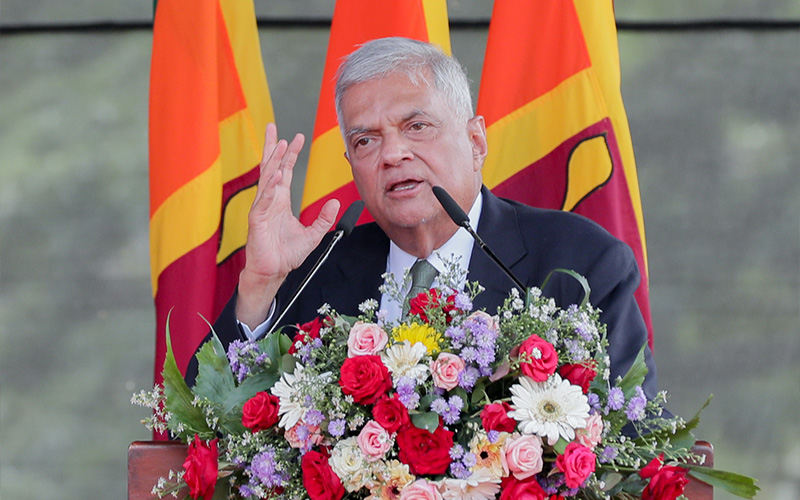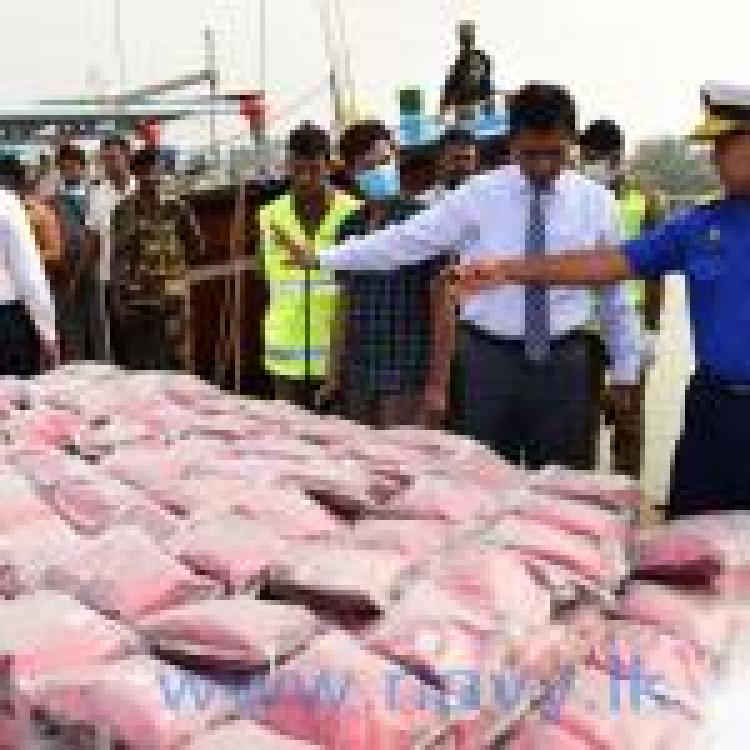
Sri Lanka’s president Ranil Wickremesinghe claimed that former British Prime Minister Rishi Sunak’s “failure to maintain law and order” contributed to the “downfall” of his Conservative-led government, as he lashed out at human rights lawyers this week,
Speaking at a meeting of the Uva Provincial Community Police Committee members, Wickremesinghe claimed that drugs were a “greater threat” to Sri Lanka than terrorism and slammed lawyers who defended those accused of drug charges.
"After the arrest of these individuals, some lawyers who advocate for human rights have come forward in their defence,” he said. “This raises questions for me. I believe that drug trafficking is a violation of human rights, but they argue that selling drugs is not a human rights violation, while arresting drug dealers is a human rights violation. Therefore, it is essential for the parliament to clarify our stance on this issue".
He went on to speak of how “community police” systems in Europe, including England, require locals “to report visits by outsiders to the police”.
“Unfortunately, this system has faltered in several European cities, including London,” he claimed. “Consequently, crime and drug trafficking have increased. The failure to maintain law and order was cited as a contributing factor in the downfall of Rishi Sunak’s government. It underscores the government’s primary responsibility to uphold law and order.”
No such system exists in either London or in England.
Wickremesinghe’s remarks come as tens of thousands have been arrested across Sri Lanka as part of a Sri Lankan police and military operation, purportedly aimed at stemming drug trafficking. ‘Operation Yukthiya’ has come under criticism from human rights organisations and United Nations experts for its widespsread violation of human rights.
Wickremesinghe however seemed undeterred, going on to state that "current laws are inadequate” to prosecute drug traffickers.
“We need new legislation; while Singapore enforces the death penalty for drug traffickers, we seek custodial solutions without going to such extremes."




